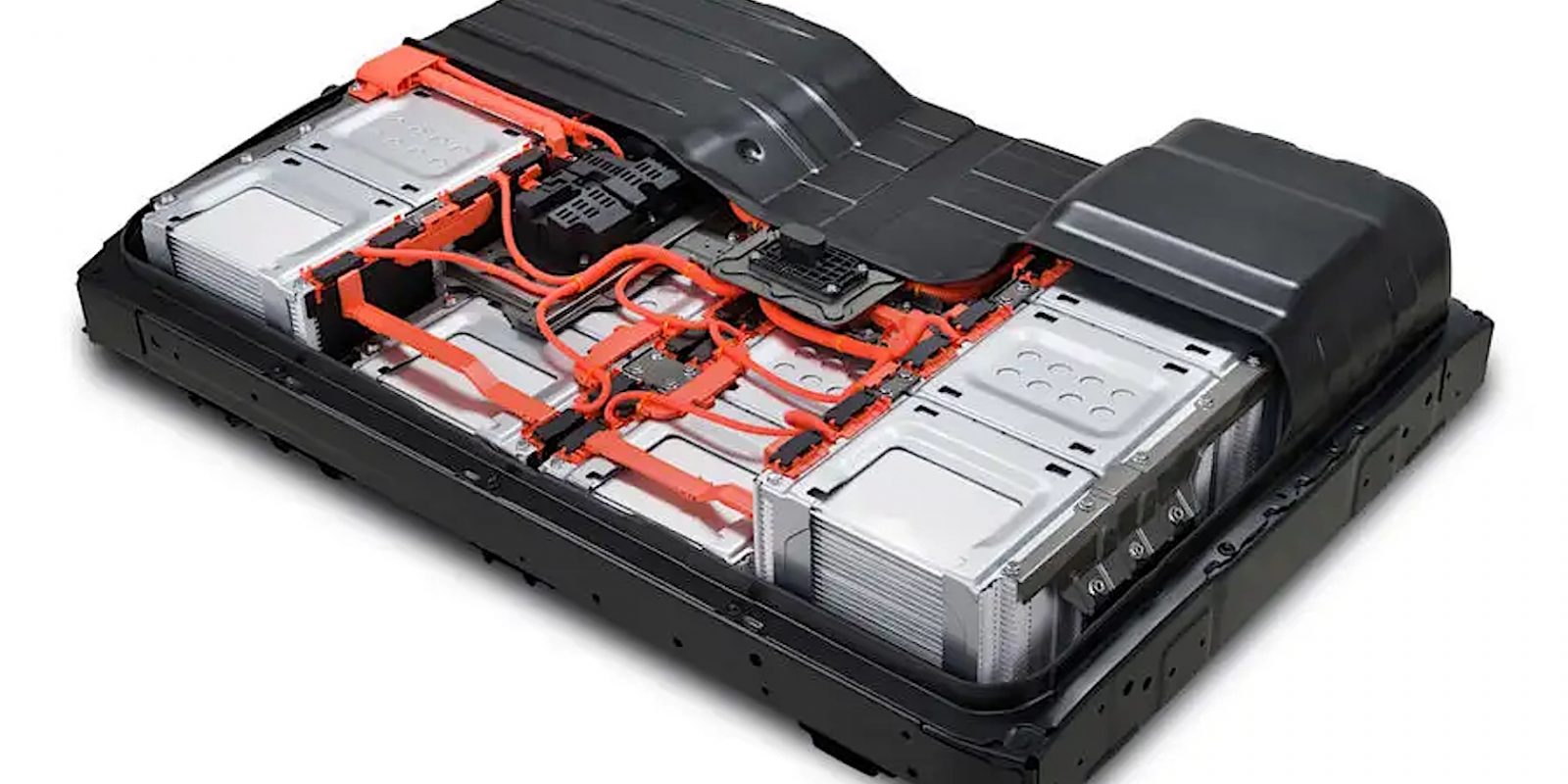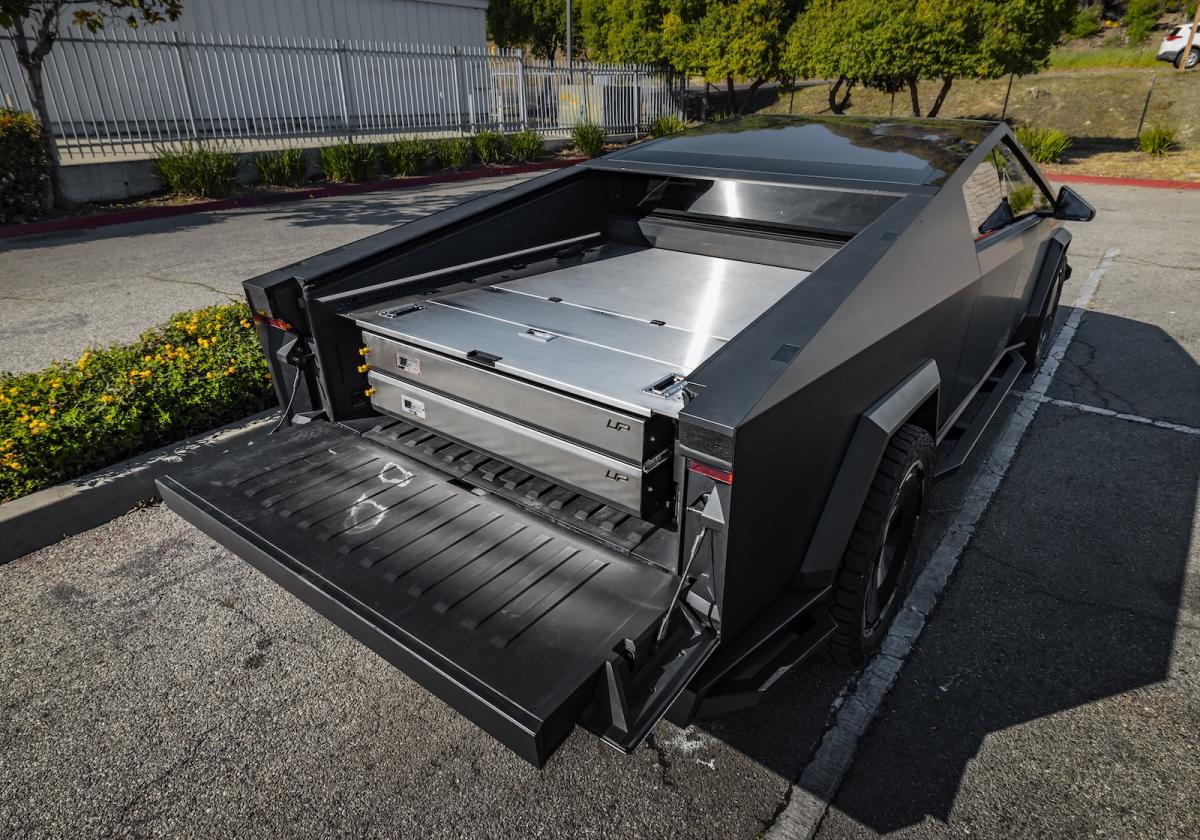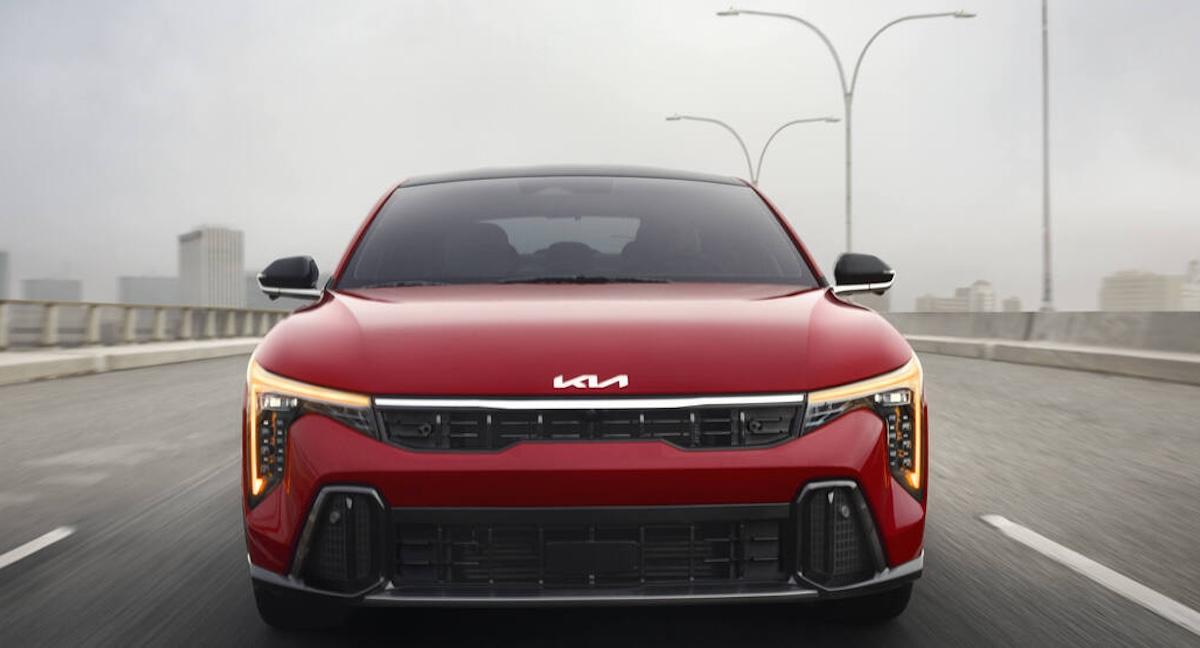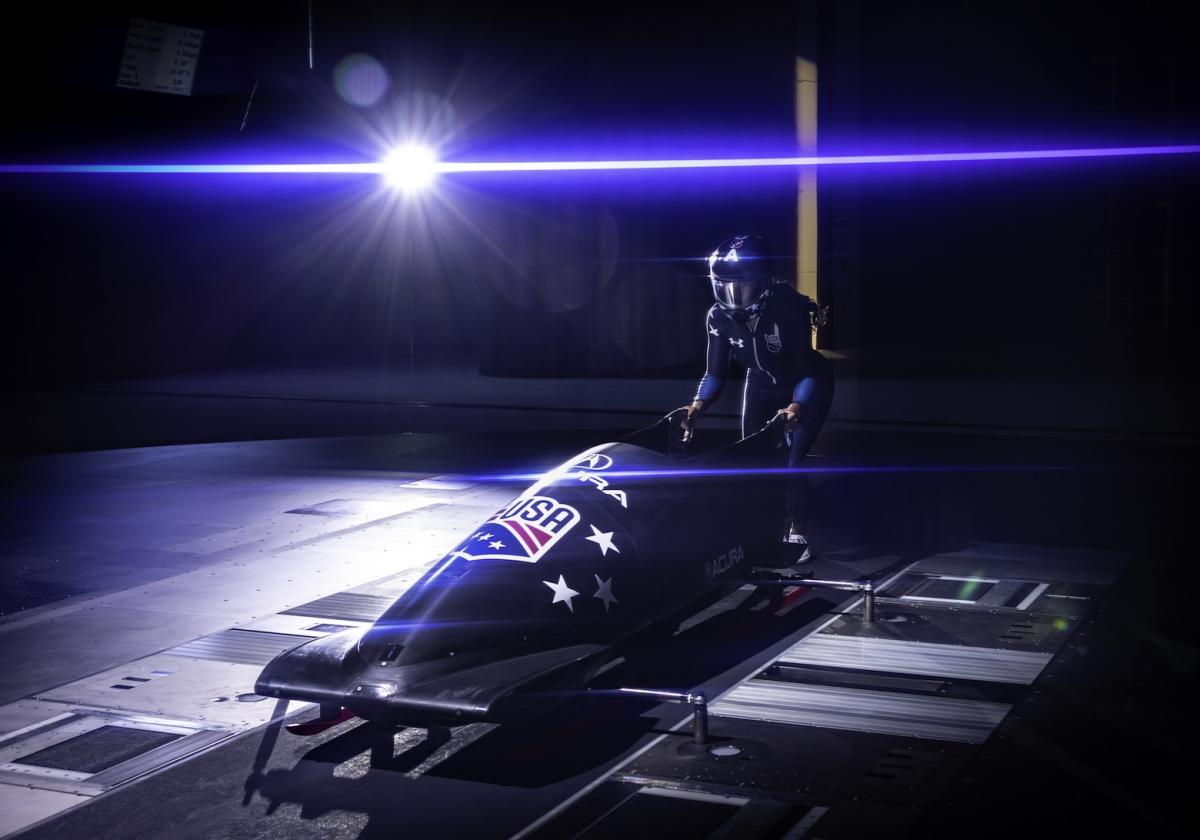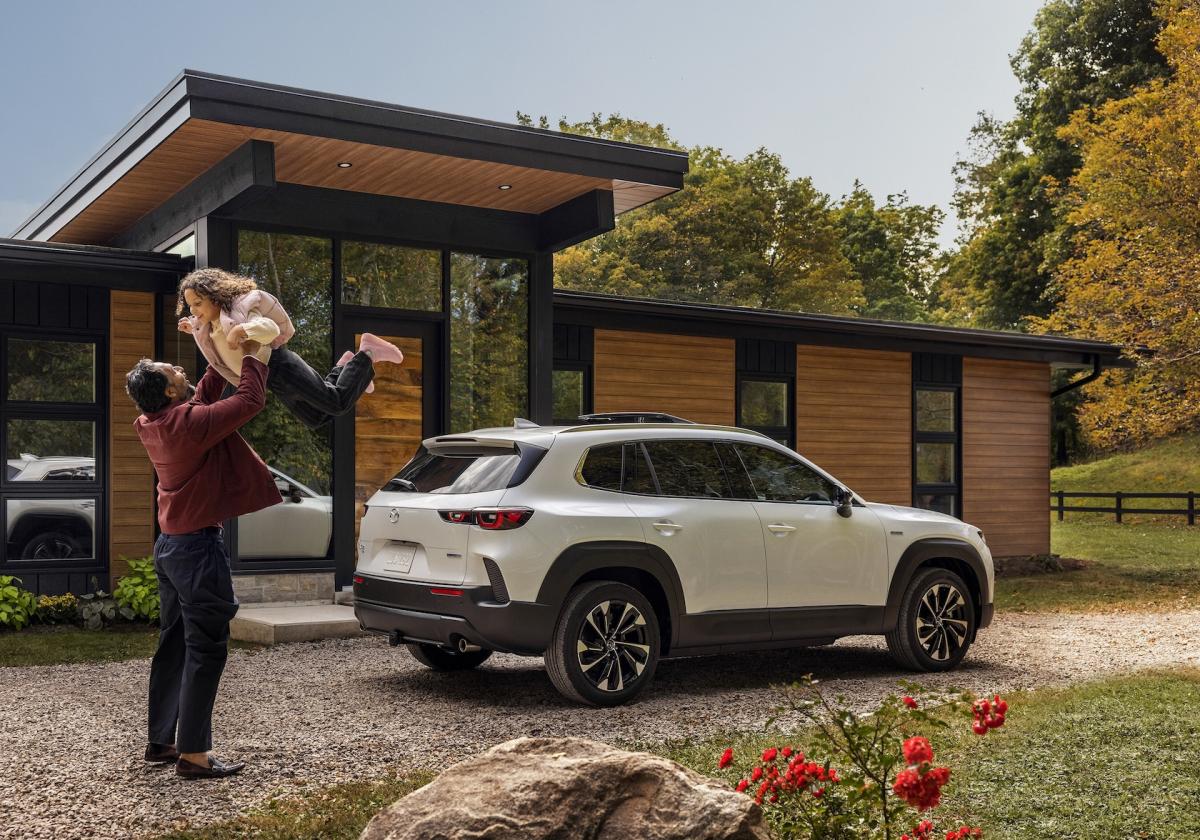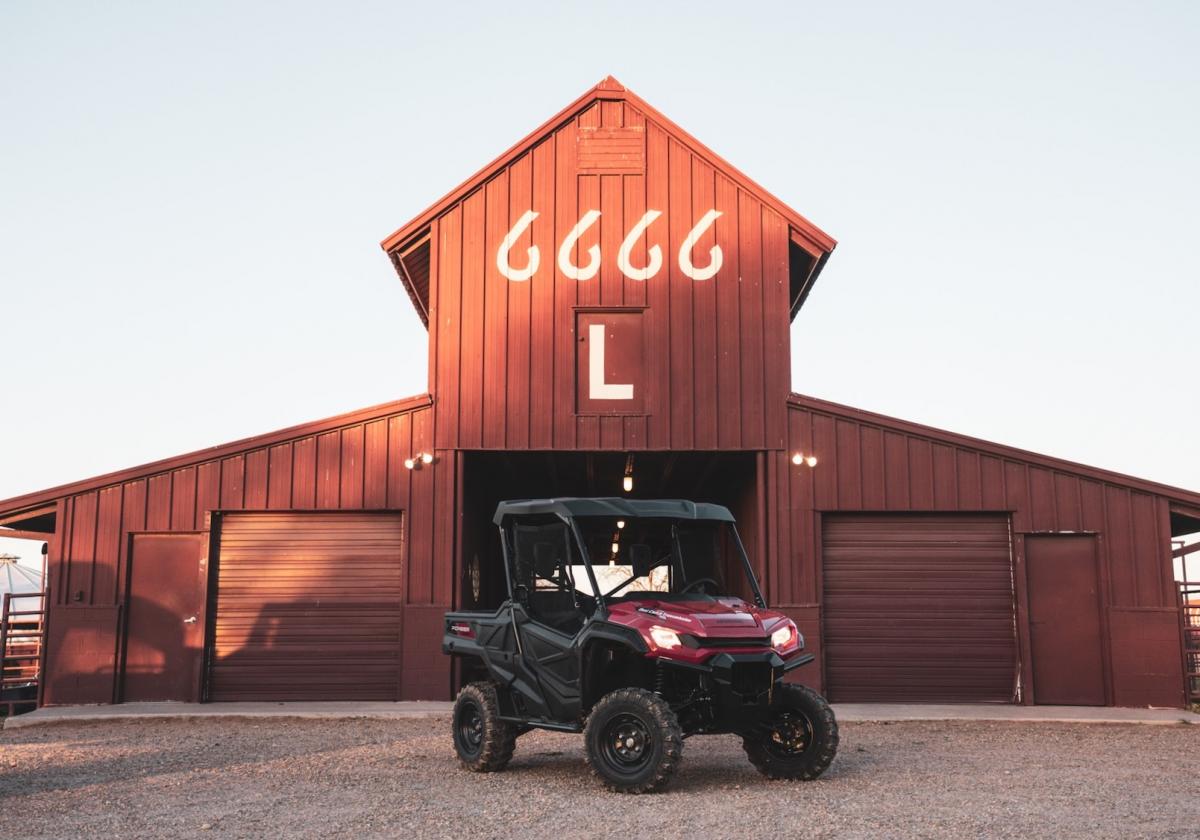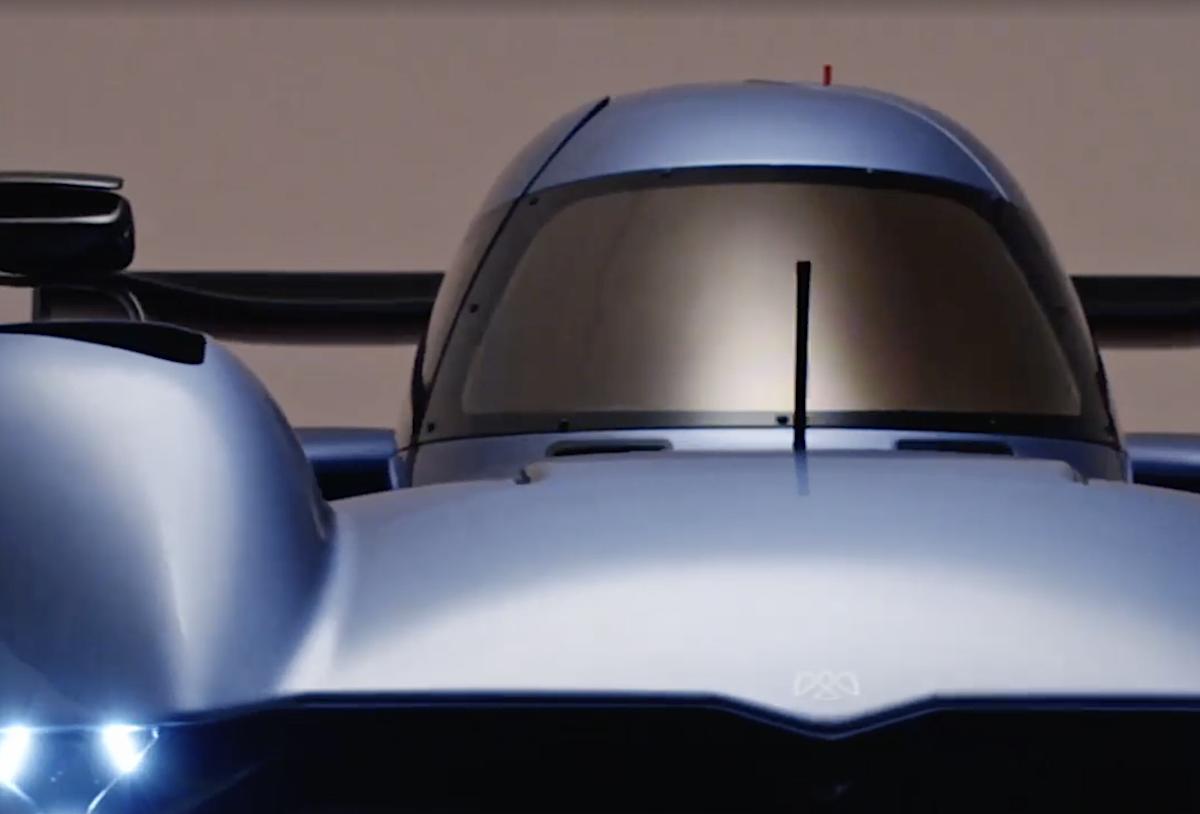- China controls much of the supply of battery materials
- New rules issued under last year’s Inflation Reduction Act exclude EVs with components from “foreign entities of concern” like China
- Ford and others have been criticized for collaborating with a Chinese supplier
Over the last year, electric vehicles (EVs) and battery material production have made huge leaps and bounds as EVs touch an increasing segment of the motoring public. But there’s a hiccup. The Biden administration’s strategy to stimulate domestic battery manufacturing is running into a problem: Certain critical raw materials needed for batteries are only found abroad, and as it turns out, China controls much of the supply.
The origins of raw materials used in EV manufacturing — including lithium, nickel, zinc, cobalt, and graphite — are about to have a huge impact on tax credits designed to put such cars within reach of average Americans. Those who buy EVs will receive up to $7,500 in federal tax credits — but only when buying cars that meet certain sourcing requirements.
New rules issued under last year’s Inflation Reduction Act exclude EVs with components from “foreign entities of concern” — a category that includes China. The idea is to reduce U.S. reliance on China, a complicated and lofty goal given Beijing’s control of vital battery resources and technology.
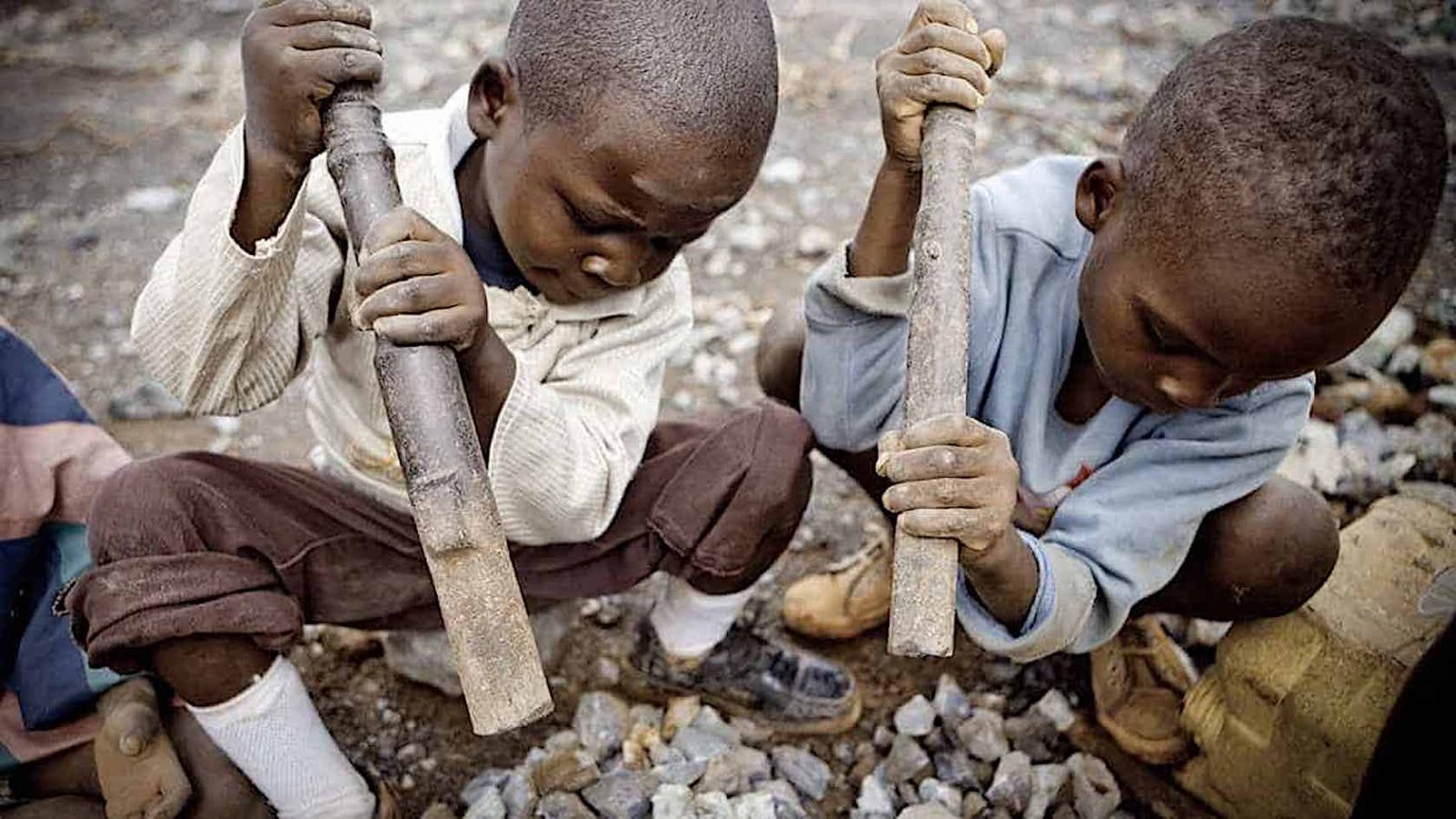
While some precious materials like cobalt—of which around 70% of the world’s demand is mined in controversial (human rights violations) countries like the Congo, are problematic to source, many other minerals essential to EV battery chemistries are primarily mined and processed in China, or by companies within China’s sphere of influence.
China is expected to control over 30% of the world’s lithium supply by 2025. It also just happens to be home to one of the world’s largest natural battery graphite resources and is the only country currently mining such material in large quantities. While lithium and some other battery minerals exist in the U.S., developing mines is an expensive and time-consuming process.
What about the $7,500 tax credits available to products that meet certain requirements? Ford Motor, for example, expects more than $7 billion in battery manufacturing tax credits between now and 2026 and says the annual credits will leap much higher starting in 2027.
Yet Ford and others have been criticized for collaborating with a Chinese supplier, on a new $3.5 billion battery plant in Michigan (in Ford’s case), and for investing alongside a Chinese mining company in an Indonesian nickel plant.
Senator Marco Rubio (R-Fla.) is sponsoring a bill aimed at Ford that would outlaw tax credits for joint ventures with Chinese companies or for EVs built using battery technology licensed from China.
Rubio said that “Hardworking Americans should not be forced to subsidize Chinese companies that make batteries for electric vehicles that cost more than most people make in a year.” Ford, on the other hand, says it’s complying with both the letter and the spirit of U.S. law while creating thousands of jobs.
Some auto industry executives say there’s a danger in trying to unwind global supply chains to protect regional economies. “There are a lot of traps,” says Carlos Tavares, CEO of Stellantis, the parent of Jeep, Chrysler, and Peugeot. “The world is fragmenting, and global trade is going backward,” he says, creating regional economic bubbles.
OUR THOUGHTS
One commentator recently said that the search for battery-related raw materials is a problematic one as the more you search, the more you realize you don’t have sufficient precious materials to create enough batteries for the rapidly growing number of EVs. “You might not always have the resources in the bubble to support the activities inside the bubble,” Tavares adds — which could mean higher prices for energy, raw materials and labor, and eventually higher prices for EVs.

